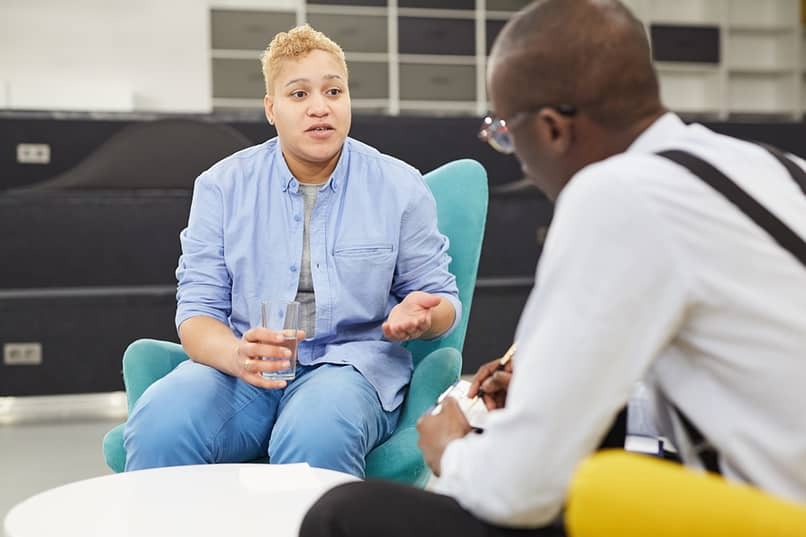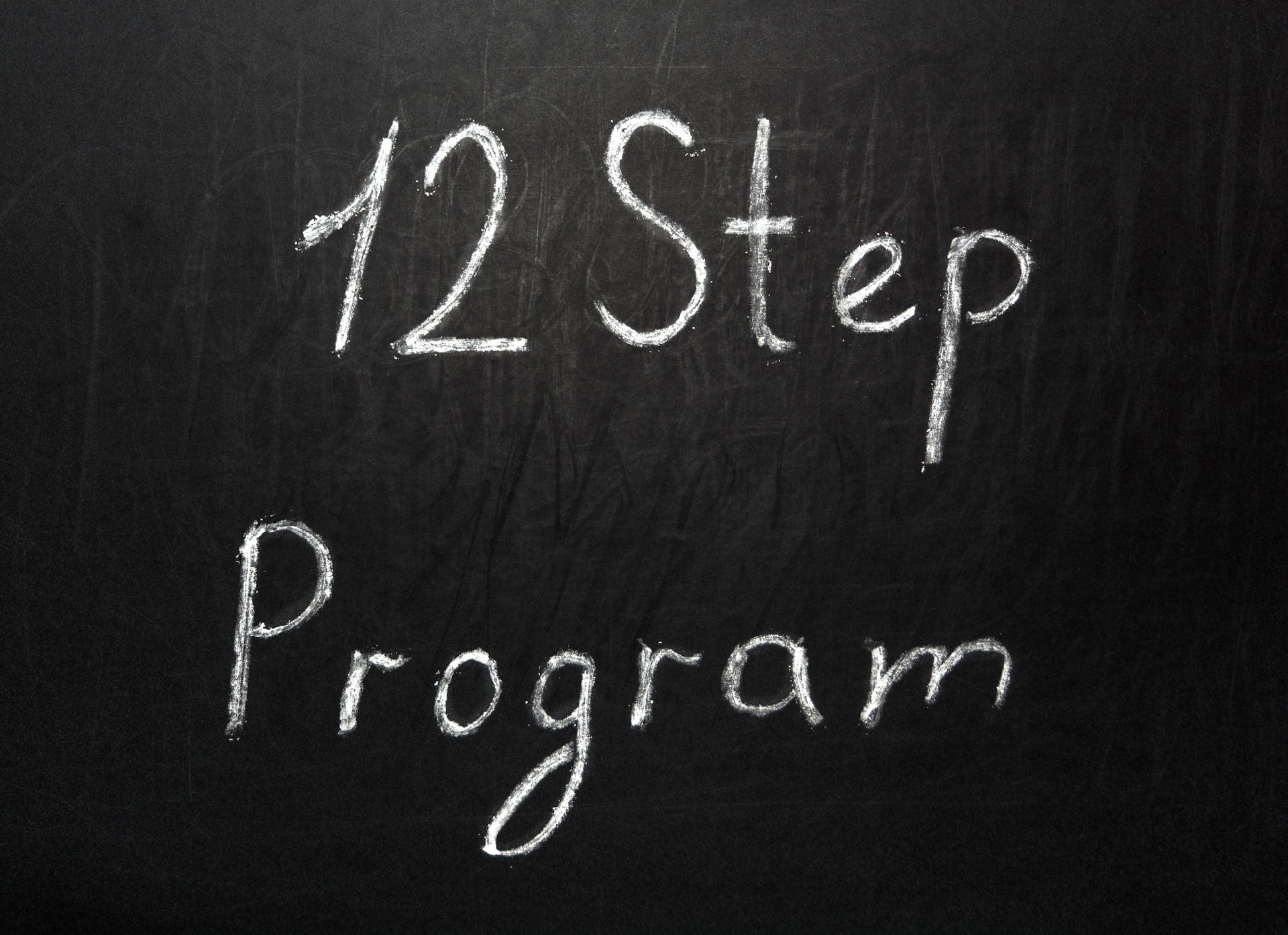Well done on successfully getting into the 12 steps and achieving recovery! Your commitment and determination have led you to this significant milestone. But your journey isn’t over yet. Step 12,” Carrying the Message,” is all about maintaining your sobriety by helping others. Embracing service gets you out of yourself and gives life deeper meaning. The challenges of sponsorship and self-doubt may arise, but the rewards of growth and fulfillment make pushing through worth it.
Our addiction treatment programs in Portland, Oregon, provide a full continuum of care including aftercare and relapse planning which can help you while you complete the steps.
What Is Step 12 of AA?

Step 12 of Alcoholics Anonymous (AA) is:
“Having had a spiritual awakening as the result of these steps, we tried to carry this message to alcoholics, and to practice these principles in all our affairs.”
Step 12 emphasizes the concept of service and helping others who are struggling with alcoholism. It encourages individuals who have experienced a spiritual awakening through the previous steps to share their experience, strength, and hope with others. This often involves actively participating in the recovery community, offering support to those who are still suffering, and living out the principles of recovery in daily life.
The idea behind Step 12 is that by helping others, individuals in recovery not only contribute to the well-being of others but also reinforce your own commitment to sobriety. On the contrary, if you find yourself slipping into old habits, think about getting more help for alcohol issues. Some people hesitate to seek addiction treatment programs after Step 12 due to shame and guilt. Remember, asking for help shows strength and courage.
What Does Embracing Service Mean?
Embracing service means making helping others a priority in your recovery. As it says in the Big Book, “Our very lives, as ex-problem drinkers, depend upon our constant thought of others and how we may help meet their needs.” Carrying the message involves sponsoring newcomers, sharing at meetings, doing 12th-step calls to help a struggling member stay sober, and volunteering your time for AA service work. When you make a habit of helping others, you stay focused on your own sobriety and spiritual growth.
Challenges may arise, like self-doubt, fear of rejection, or discouragement if a sponsee relapses. But stick with it – the rewards of service far outweigh the difficulties. Remember, you’re not responsible for others’ recovery, only for sharing your experience. Focus on listening without judgment and continue working on your own program.
Step 12 is about progress, not perfection. Make service a lifelong habit and a commitment to personal growth. Stay teachable and open to new ways of helping others. Regularly revisit the steps and traditions to deepen your understanding. By giving freely of what you’ve been given, you’ll achieve a joy in living that comes from embracing useful purposes.
How Do I Become a Sponsor?

Becoming a sponsor is a big responsibility, but it is also an incredible opportunity to strengthen your own sobriety while helping another alcoholic. If you’re working on Step 12, here are some tips to guide you:
Find Someone Who Has Long-Term Sobriety
Look for someone who has been sober for several years and is actively involved in AA. Ask them to be your sponsor to help guide you through the process of sponsoring another member. Their experience can help you avoid common pitfalls and give you confidence.
Determine if You're Ready
Honestly assess if you have a solid foundation in your own sobriety and recovery. Can you humbly share your experience, strength and hope with another alcoholic? Are you committed to making the time for a sponsee? If you have doubts, don’t rush into sponsorship until you feel ready.
Find a Good Match
When choosing a sponsee, look for someone you connect with and feel you can build a trusting relationship with. Consider their level of commitment to sobriety and willingness to work the steps. A good match will lead to a more fulfilling experience for both of you.
Set Clear Expectations
Discuss how often you’ll meet, how you’ll work through the steps together, and what you both hope to gain from the partnership. Be transparent and say that this is a learning process for you too. Establishing a mutually agreeable structure and purpose will help ensure you’re both on the same page.
Address Challenges with Patience
Helping another alcoholic is rewarding but also difficult work. Be prepared for manipulation, excuses, broken commitments and stages of relapse. With compassion and understanding, help your sponsee get back on track while also protecting your own serenity. Talk to your sponsor and focus on progress, not perfection.
Following these principles will prepare you well for the privilege of sponsorship. Stay humble, help others and together you’ll both grow in sobriety and service.
Overcoming Doubts and Fears
Overcoming doubts and fears is a normal part of working through a 12 step program. It’s common to feel unsure of yourself, especially when first starting out as a sponsor. You may doubt whether you have enough sobriety or experience to help someone else. You might fear that you’ll say the wrong thing or won’t be able to answer their questions.
The truth is, no one feels 100% confident when they first become a sponsor. But the rewards of helping another alcoholic far outweigh any doubts or anxieties you may have. Focus on the fact that you have valuable experience to share from your own recovery journey. You know what helped and what didn’t. That kind of firsthand knowledge is exactly what a newcomer needs.
With time and practice, self-doubt will fade. Helping others is a gift, and the rewards of seeing someone grow in their sobriety will inspire you to keep going. Have faith in the process-if you work Step 12 to the best of your ability, you’ll be making a huge difference in the lives of others. And that is a gift for you both.
Six Tips for Overcoming Self-Doubt in Sponsoring:
1. Pray for Willingness and an Open Mind
Begin by seeking guidance from your Higher Power. Praying for willingness and an open mind can help you approach the role of a sponsor with humility and a genuine desire to be of service to others in their recovery journey.
2. Start Small and Build Confidence
Begin by sharing your experience, strength, and hope at meetings. Starting small allows you to gradually build confidence in expressing yourself and conveying the principles of recovery to others. Success in these smaller steps can boost your self-assurance.
3. Find a Sponsor for Yourself
Continuing to have a sponsor of your own is crucial. Share your aspirations to start sponsoring and seek their guidance. Having an experienced sponsor to turn to provides valuable insights, advice, and a supportive presence as you navigate your role in helping others.
4. Focus on Listening
A good sponsor not only shares their own experiences but also excels at listening without judgment. Focus on being present and attentive to the needs and concerns of those you are sponsoring. Listening effectively builds trust and strengthens the sponsor-sponsee relationship.
5. Admit When You Don’t Know
No one has all the answers. If faced with a question you can’t answer, admit it openly. Suggesting that you will find resources to help address their query demonstrates honesty and a commitment to providing accurate information.
6. Recognize Your Limits
Acknowledge that you are not responsible for someone else’s sobriety or choices. Your role is to share your experience and support them in their efforts, but their recovery is ultimately their own responsibility. Recognizing and respecting these boundaries helps maintain a healthy sponsor-sponsee dynamic.
FAQ About Step 12 AA
Once you’ve worked through the 12 steps and found recovery in AA, it’s time to share the message with others who are still struggling. Step 12 AA is all about carrying the message to alcoholics and practicing these principles in your daily life.
How Do We Put These Principles Into Practice in Everything We Do?
Living by the 12 steps means applying the lessons you’ve learned to everything you do. It involves being honest in your relationships, incorporating daily meditation and connection with your higher power, regularly taking inventory of your actions, and making amends when necessary. Helping others in your community and being of service whenever possible are also integral components. Essentially, the 12 steps become a blueprint for living, guiding your actions and decisions in a way that aligns with the principles of recovery.
How Do I Know if I’m Ready to Sponsor Someone?
If you’ve worked all 12 steps with a sponsor, remain committed to your recovery, and have a genuine desire to help others, you may be ready to take on the role of a sponsor. Some signs that indicate you’re prepared to sponsor include having at least a year of continuous sobriety, regularly attending AA meetings, having a strong support system, sharing your story and working with newcomers, staying active in your own 12-step work through service, and possessing qualities such as patience, compassion, and a willingness to assist fellow alcoholics.
What Challenges Might I Face While Carrying the Message, and How Can I Overcome Them?
Carrying the message and sponsoring individuals can be rewarding, but challenges may arise, such as when sponsees relapse or decide to leave the program. It’s crucial to remember that while you can share your experience, strength, and hope, you can’t force anyone else to recover. Focus on the victories, no matter how small, and understand that everyone’s journey is unique. With time, patience, and continued practice, sponsoring will likely become more fulfilling, and the impact of your efforts may become increasingly evident.
Is It Necessary To Have a Spiritual Awakening for Step 12?
While the term “spiritual awakening” is used in Step 12, it’s important to note that it doesn’t necessarily imply a dramatic or sudden event but signifies a profound shift in perspective and commitment to a new way of life. Whether experienced suddenly or gradually, the focus is on internal changes that support recovery. If uncertain about your spiritual experience, seek insights and support from your sponsor or experienced fellowship members.
Take the First Step Towards Recovery at Crestview Recovery

Are you or someone you know struggling with addiction? It’s time to reclaim your life and embark on a journey of healing at Crestview Recovery! Our team is ready to engage in a confidential discussion about your unique situation, ensuring your concerns are heard with empathy. At Crestview, you’ll have the opportunity to experience evidence-based therapies and dedicated support designed exclusively for you. Aligned with the guiding principles of the 12-step program, our approach seamlessly incorporates the transformative path of recovery. Contact us today!
































